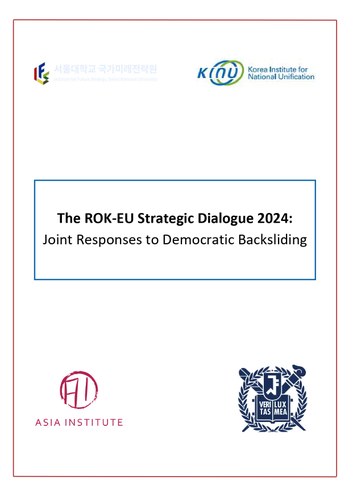Joint Responses to Democratic Backsliding
Data:
Luogo: Università di Bologna
The diagnosis that democracy is in crisis has been around since the 1990s. At present, however, the warnings of “democratic deficit” - the failure of democratic politics to reflect the voices of citizens - have now evolved into “democratic decay” or “democratic backsliding”, and the alarm bells are ringing louder. In the end, it is clearly evident that the number of countries rated as being fully democratic has declined dramatically over the last two decades.
Theories abound as to the causes. The adverse effects of social media are the most commonly cited culprits of democratic backsliding. Nonetheless, changes in the international political landscape, such as the “New Cold War” or the “U.S.-China strategic competition”, have also been credited with affecting democracy. Polarization of domestic politics, weakening of the rule of law, and a decline in public trust in democratic institutions are also mentioned as causes and consequences of democratic backsliding. In addition, the fact that this tendency to autocratization is taking place at different latitudes at the same time has convinced many of the applicability of a one-size-fits-all, which, on the contrary, could undermine efforts to reverse the repressive tide.
The debate on the diagnosis and causes of democratic backsliding is far from over, but there is one thing we can agree on: to overcome democratic backsliding, no single country can do it alone, and international solidarity and cooperation are essential.
The KINU and the Asia Institute are bringing together researchers from Europe and Korea to diagnose the current state of the democracy crisis, discuss its causes, and find out what we can do together to overcome it. The ROK-EU Strategic Dialogue will strive to make this conference an important focal point for researchers from Korea and Europe to discuss issues of common interest.
